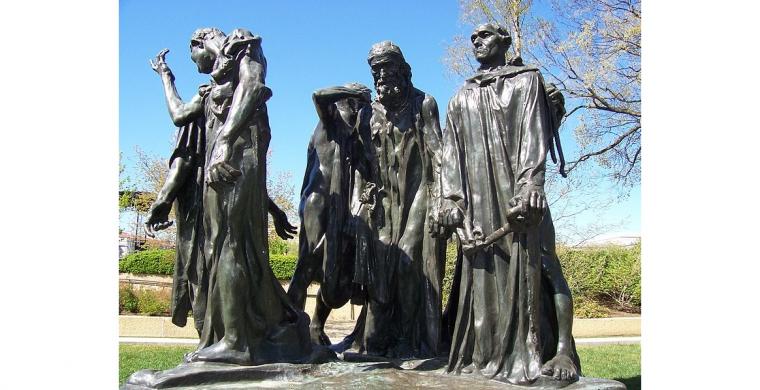TECinSC files amicus brief asking U.S. Supreme Court to hear Texas case
Press Release
http://www.episcopalchurchsc.org/news-release-july-22-2014.html
July 22, 2014
The Episcopal Church in South Carolina joined with two major U.S. religious denominations to file an amicus brief on Monday in support of Episcopalians in Fort Worth, Texas who are petitioning the U.S. Supreme Court to hear a case that could affect the ultimate resolution of a lawsuit filed in South Carolina by a breakaway church faction.
The Presbyterian Church (USA) and the Methodist Church joined TECSC as amici curiae, or “friends of the court,” in the brief filed July 21. Amicus briefs are filed by those who are not parties to an appeal, but have a strong interest in the subject matter. The purpose is to advise the Supreme Court of relevant additional information or arguments the court may wish to consider.
The question presented in the amicus brief is whether the Free Exercise Clause of the First Amendment requires courts resolving a property dispute within a hierarchical church to give legal effect to a pre-existing trust provision in the church’s canons.
“This Court should grant review to resolve the deep division among the state courts regarding the scope of its holding in Jones v. Wolf (1979)... to restore the First Amendment right of churches and their members to establish hierarchical polities, and to protect valuable church property from dissident members through appropriate trust provisions that reflect their hierarchical organization,” according to brief.
The Episcopal Diocese of Fort Worth has suffered a schism in 2008 similar to the one that occurred in South Carolina in 2012. The local split is the subject of an ongoing trial in state court in St. George, SC. In both cases, church leaders left The Episcopal Church over theological disputes while claiming to take property, names and assets with them.
In the Fort Worth case, parties loyal to the Episcopal Church had won summary judgments from the trial courts. But on appeal, the Texas Supreme Court ruled in favor of “neutral principles” in church property disputes rather than a “deference test” to canon law in a hierarchical church. The Texas ruling also held that The Episcopal Church’s Dennis Canon, a trust canon enacted at the U.S. Supreme Court’s instruction in 1979, couldn’t be enforced under Texas law.
According to the amicus brief, the case is of particular interest to The Episcopal Church in South Carolina because of the current lawsuit filed against local Episcopalians “that seeks to subvert the hierarchical structure of The Episcopal Church.”
“The South Carolina trial court has expressed an intention to apply the neutral principles approach ... even though the dispute between the parties includes an explicit attack on the very structure of the Church and its authority to designate its bishops. As such, the experience of The Episcopal Church in South Carolina may aid the [Supreme] Court’s consideration of the risks presented by an unduly invasive application of neutral principles to disputes with dissident factions of hierarchical churches,” the brief says.
Conflicting legal opinions around the United States in similar cases have created the need for Supreme Court review. Some of those opinions “invite courts to intrude into the core religious functions of hierarchical churches under the guise of deciding property disputes,” the brief says.
“Only this Court can ensure that the First Amendment rights of hierarchical churches and their adherents do not vary from jurisdiction to jurisdiction and that hierarchical churches are governed by uniform First Amendment standards,” the brief says.
Signing the brief as counsel for the amici curiae are Douglas Laycock of the University of Virginia School of Law and Matthew D. McGill of Gibson, Dunn & Crutcher in Washington, DC.
END














